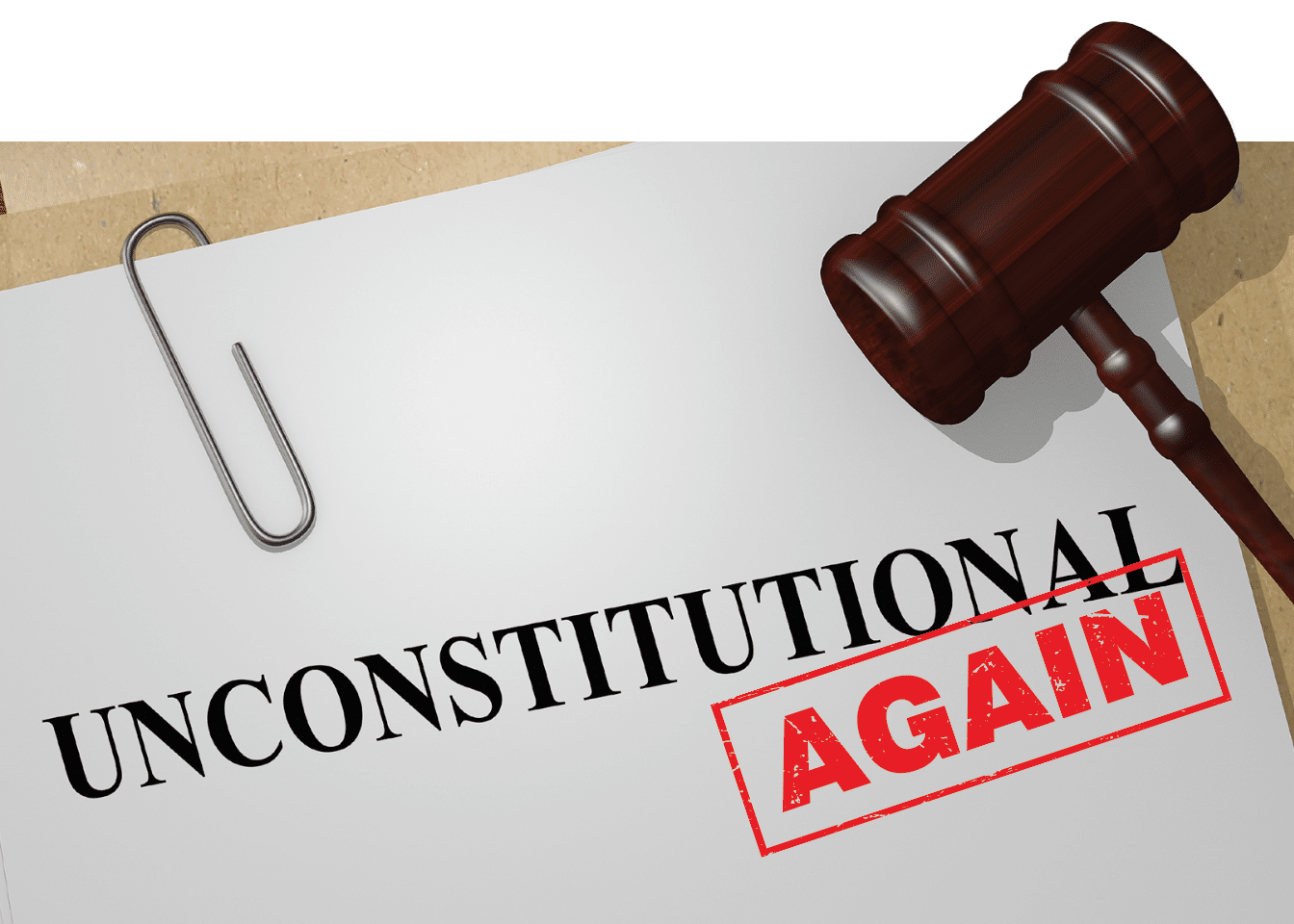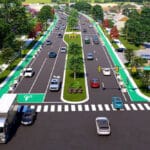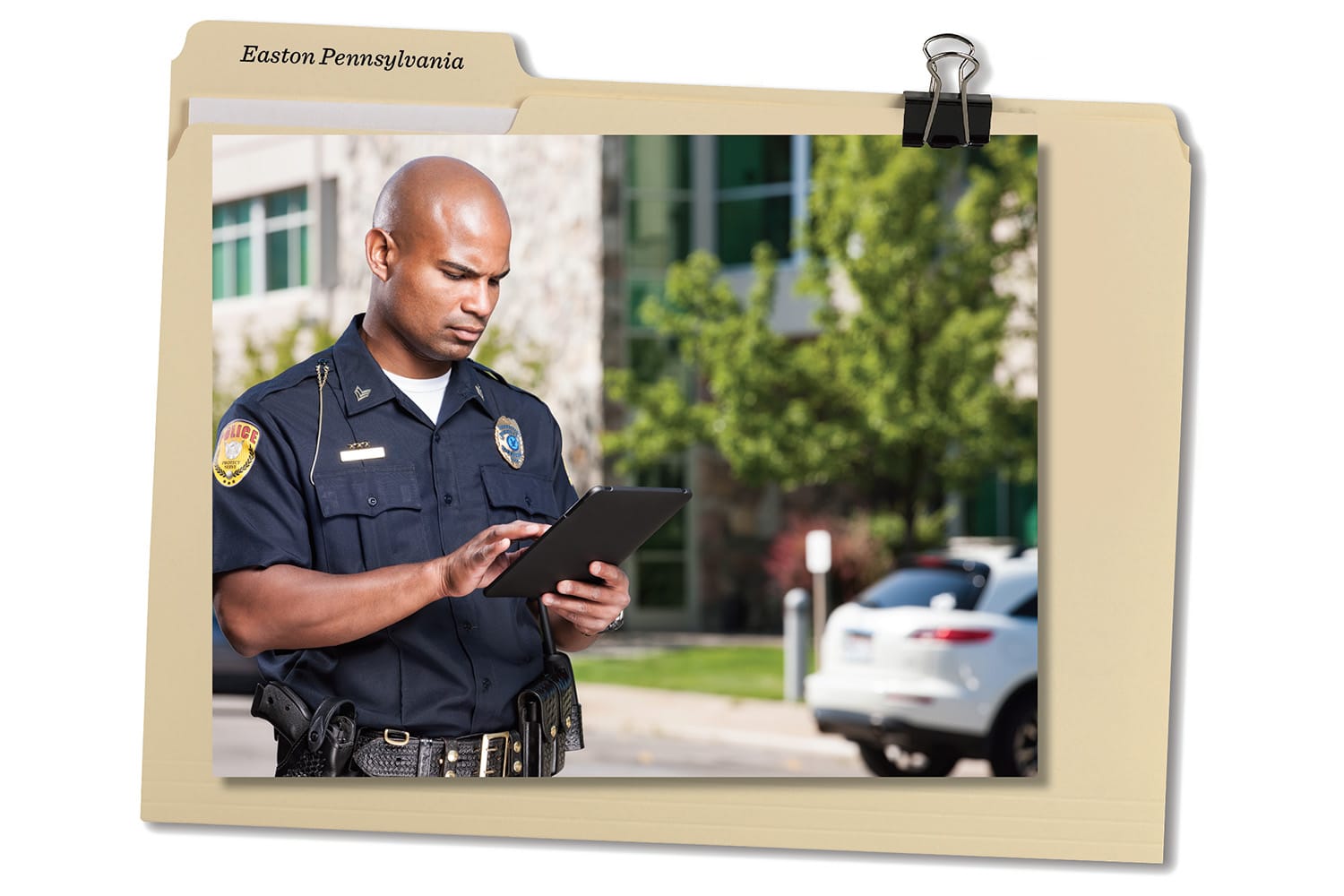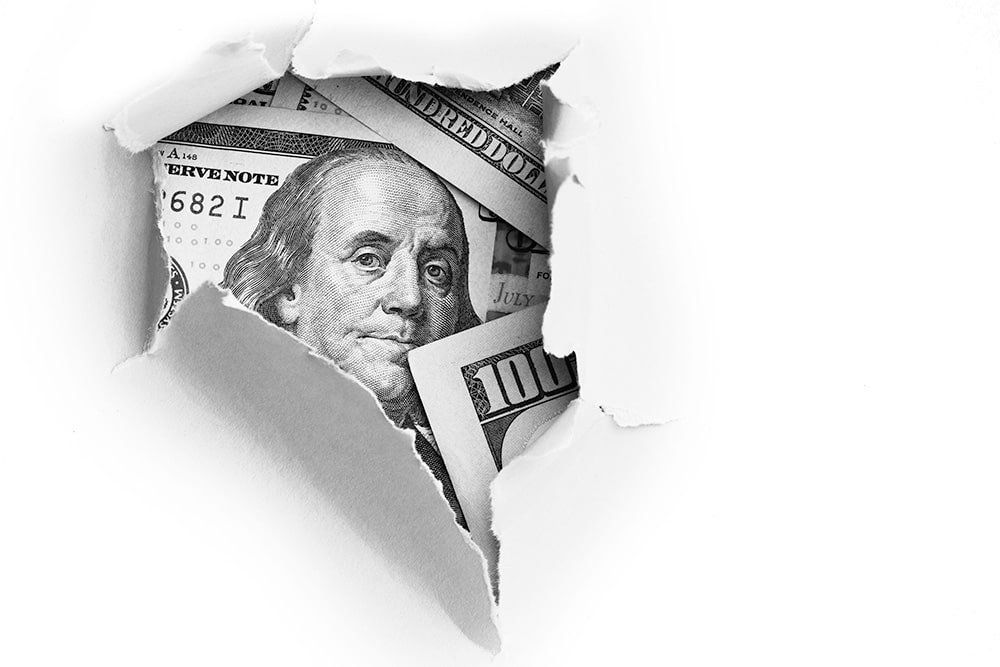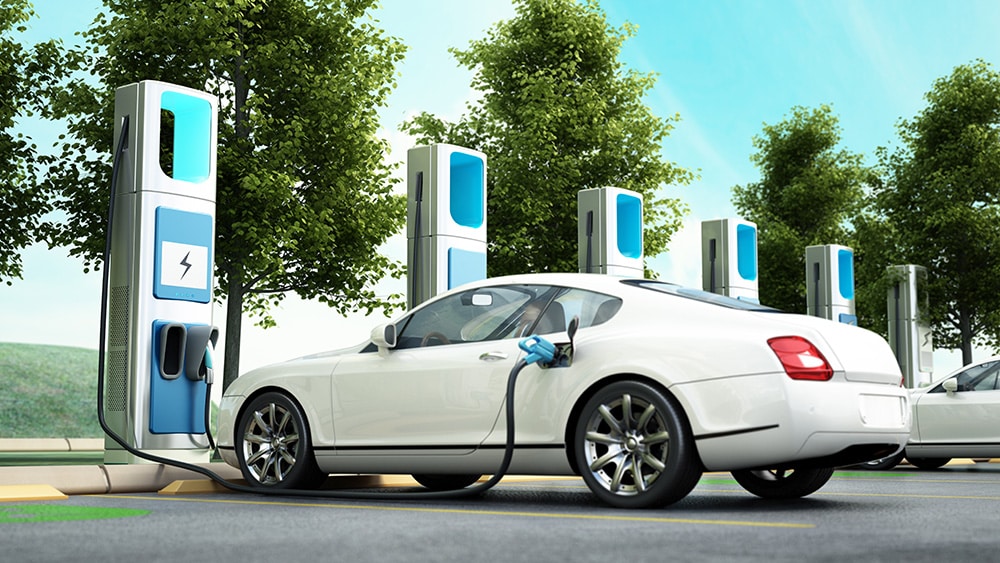Home » The Business of Parking | Legal » Tire Chalking Ruled Unconstitutional (Again)
The Business of Parking
Legal
Tire Chalking Ruled Unconstitutional (Again)
stock.adobe.com / hafakot
The law is not a straight line—it zigs and zags. Cases go to trial, cases go up on appeal, cases get remanded back down for new trials and get appealed again. This is how the law is made. And so, the legal saga of tire chalking brought to federal court and the national interest in Taylor v. City of Saginaw, Mich. et al, has zigged and zagged again. This is the third time I’m writing about this case in this space. A quick refresher:
In 2014, a resident of Saginaw, Mich., received 15 parking tickets “for allegedly exceeding the time limit of a parking spot.” Each parking ticket included the date and time the tire of the resident’s vehicle was marked with a “chalk-like substance.” The recipient of the tickets hired a lawyer and challenged the “methodology of placing a chalk mark on one of the four tires of the vehicles to obtain information to justify the issuance of tickets throughout the territorial limits of the City of Saginaw” arguing that “chalk marks violate the Fourth Amendment of the United States Constitution.”
On a motion from the city, the district court initially dismissed the complaint. On appeal, the Sixth Circuit Court ruled the dismissal was improper and sent the case back to the district court for more proceedings. At this point, this case found the interest of the media, who prematurely proclaimed tire chalking to be illegal.
On remand back to the lower court, a factual record was developed as to the custom and practice of tire chalking. In the trial court’s second opinion dismissing the challenge, it relied on the facts in the affidavit from the city’s director of neighborhood services and Inspections that found on-street parking enforcement is critical to the health, safety, and welfare of the community. On-street parking enforcement was upheld again—for a brief time anyway.
Another Appeal
The ticket recipient appealed again.
In the most recent decision, the Sixth Circuit Court ruled that “[b]ecause tire chalking is a search that defendants conducted without an authorizing warrant, it is presumptively unreasonable.” The legal argument over the validity of tire chalking is whether the parking enforcement technique is a violation of the Fourth Amendment to the United States Constitution, which prohibits unreasonable searches and seizures. The Fourth Amendment states: “the right of the people to be secure in their persons, houses, papers, and effects, against unreasonable searches and seizures, shall not be violated, and no Warrants shall issue, but upon probable cause, supported by Oath or affirmation, and particularly describing the place to be searched, and the persons or things to be seized.” U.S. Const. Amend. IV.
The Fourth Amendment review is a two-part test:
- Did a search or seizure occur?
- Was that search or seizure unreasonable?
The ticket recipient tried to extend the holding of a recent case that decided the government’s installation of a GPS device on a target’s vehicle was a search under the Fourth Amendment because the physical installation of the device on the vehicle constituted a trespass of the car owner’s property rights. However, trespass alone does not qualify as a search, rather, there must be both trespass and “an attempt to find something or to obtain information.”
The Latest Ruling
The court found that “despite the low-tech nature of the investigative technique, the chalk marks clearly provided information” to the parking enforcement officer. The chalk marks serve to identify the vehicles and when they parked. The court concluded that a “search” does likely occur when a tire is chalked.
The appellate court rejected the legal analysis of the district court finding that the challenge to tire chalking was not a broad challenge to the city’s right to regulate on-street parking. Rather, the appeal focused on the fact that tire chalking is a physical invasion by the state without a warrant. A parking enforcement officer observing a car parked in an on-street space has no basis to suspect that the car is illegally parked. To place chalk on the tire therefore constitutes a “suspicionless search” and should be analyzed within that specific standard.
Examples of suspicionless searches include sobriety checkpoints and drug testing for public employees. The appellate court found no “special need” to implicate a Fourth Amendment warrantless and suspicionless search to enforce on-street parking regulations. According to the Sixth Circuit Court: “common sense commands this conclusion; for nearly as long as automobiles have parked along city streets, municipalities have found ways to enforce parking regulations without implicating the Fourth Amendment.”
Parking Enforcement
So, where does this leave parking enforcement? It should be noted that the timing of a vehicle parked on a public street is not an illegal search. Rather, it is the physical act of chalking a tire that violates the Fourth Amendment. The physical intrusion of tire chalking can be replaced by the latest in parking enforcement technology advancements. Virtual chalking through sensors or license plate recognition scanners would not violate the search analysis articulated by the Sixth Circuit Court. It should also be noted that this decision is only binding legal precedent in the states served by the Sixth Circuit Court: Michigan, Ohio, Kentucky, and Tennessee. And who knows? Maybe this decision will zig and zag its way to the United States Supreme Court.
Michael J. Ash, Esq., CRE, is a partner with Carlin, Ward, Ash, & Heart, attorneys at law.
-
Michael J. Ash, Esq., CREhttps://parking-mobility-magazine.org/author/michael-j-ash-esq-cre/February 3, 2022
-
Michael J. Ash, Esq., CREhttps://parking-mobility-magazine.org/author/michael-j-ash-esq-cre/May 2, 2022
-
Michael J. Ash, Esq., CREhttps://parking-mobility-magazine.org/author/michael-j-ash-esq-cre/August 8, 2022

